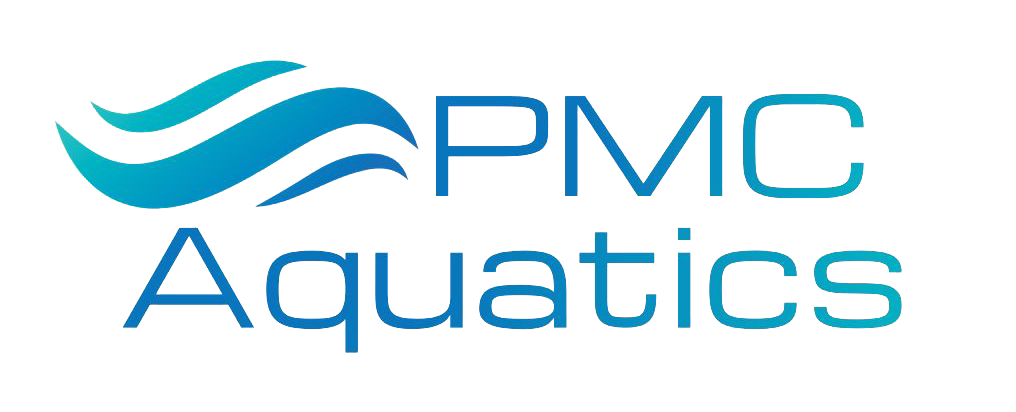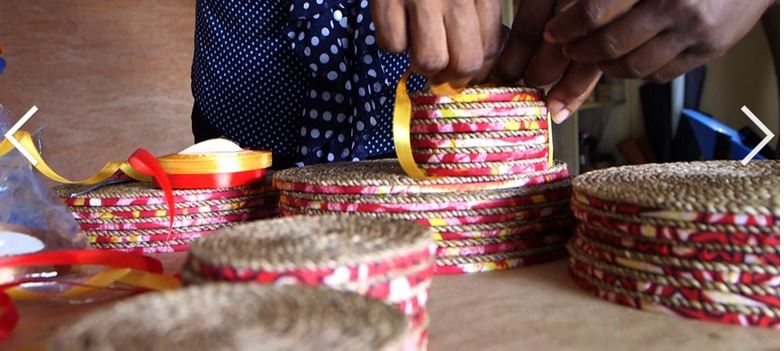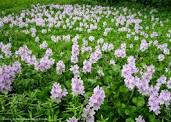Along the Niger Delta, an abundance of vivid purple flowers are blooming gently on the surface of the water, adding a touch of color to the inland waterways.
But that’s where the beauty ends because these striking flowers are water hyacinths — an aquatic weed wreaking havoc in local communities and ruining water supplies.
Not only does this fast-growing water pest curtail access to waterways and cause problems for local fishermen, it also depletes nutrients from the water, which in turn reduces fish populations.
But where many see an invasive aquatic nuisance, Nigerian entrepreneur Achenyo Idachaba identified a business opportunity.
Setting up shop in Ibadan, a city in the south-west region of Nigeria, she began harvesting the water hyacinth and transforming the waste product into intricately handcrafted everyday items.
“What we do is take an environmental problem and turn it into a win-win solution,” Idachaba explains.
The 46-year-old entrepreneur has always had a passion for sustainable development. Over the years she has consulted on various environmental projects relating to waste recovery. But turning these watery weeds into a tangible, bespoke craft was the first idea to really catch her entrepreneurial eye.
Splitting her time between Nigeria and the United States — where she was born — she finally returned from the diaspora in 2009 and three years later founded MitiMeth. In 2013, the company was awarded a grant from the Federal Government of Nigeria allowing the small startup to grow and take seven full-time staff on board as well as provide work opportunities to local artisans during busy periods.
Making each craft depends on the climate and having enough hands to work. The weeds are harvested from a myriad of local water channels and laid out in the sun to dry out, which can take anywhere from four days to two weeks in the rainy season. Once dry, they are then processed into the rope required to weave products together.
In addition to creating beautiful woven handicrafts, Idachaba wanted to offer local communities skills and potential business ideas. Along with the MitiMeth team, she has branched out into eight communities, mainly in the Niger Delta, training and educating residents on how to take this watery menace and transform it into rope for weaving products.
“We help them to see the invasive weed through a different lens in terms of this could actually become a source of livelihood,” she says. “We go in and train them on how to harvest the material from the waterways, we tell them how they are supposed to dry it and then we teach them how to weave the water hyacinth. We also demonstrate the type of products that they could make.
“After we assist them with basic training, the rest is left up to their own creativity and we see them use the skills they have acquired to turn them into products that we’ve never even mentioned.”
So far, Idachaba has been marketing her products online to a largely Nigerian customer base while also selling through third party retail outlets in Lagos. But the businesswoman wants to take her startup further in 2015.
“We want to see ourselves as the number one maker of eco-friendly handicrafts — that are telling this very unique story about how we have transformed Nigeria’s problem of water hyacinth into a beneficial solution.”
She adds: “And to build on that (to) become one of the major non-oil sector exporters of products from Nigeria.”
http://www.cnn.com/2015/01/02/world/africa/mitimeth-achenyo-idachaba-nigeria/
www.pmcaquatics.com
PMC Aquatics
PMC Aquatics has Aquatic Harvesters all over the world serving communities just like this. There are many uses for the weed matter, high in nutrients, the cattle just love it and it is excellent mulch. Contact us at perry@pmcaquatics.com.


